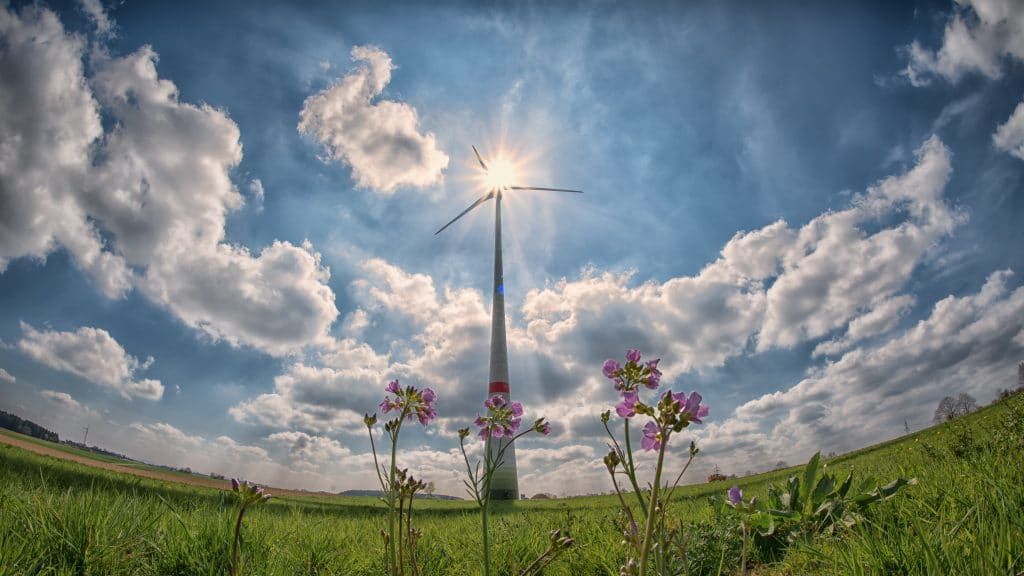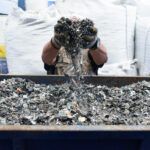“Tide has turned” against coal, S&P says
By Dan Drollette Jr | October 16, 2017
 Wind power
Wind power
The global shift from fossil fuels to renewable energy will continue, regardless of political actions such as President Donald Trump’s decision to withdraw the United States from the Paris Agreement, said a senior analyst at one of the world’s most influential business rating agencies
In an interview published by the Sydney Morning Herald, Michael Wilkins, the head of climate and environmental risks at S&P Global, said that the “The tide has turned” against coal in the marketplace. “You could argue we’ve reached a tipping point,” Wilkins said, citing the drop in the cost of new wind farms, the new technologies behind them, falling energy storage prices, and the dramatic fall in the costs of photovoltaics—solar panels cost one-fifth what they did 9 years ago, and Wilkins predicts their prices to fall another 35 percent by the year 2020. He added that the energy transition means that the economic viability of assets such as coal mines and coal-fired power stations could be “vastly impaired.”
The issue of renewables versus fossil fuels is of particular interest in Australia, with its commodity-based economy, its vast mining industries, its large reserves of coal undergound—and the recent pronouncements of former prime minister Tony Abbott, who said just last week that climate change “might even be beneficial” because “far more people die in cold snaps.”
And on a related renewable-energy note, The Guardian just published a feature about offshore windfarms and the factories that make the turbines for them, predicting that wind power will be the future—”the total amount of power in winds globally is something like 50 times bigger than the total amount of power used by human civilization,” says Ken Caldeira, one of the Stanford University climate scientists quoted in the article.
Meanwhile, despite the progress in R&D, the United States continues to drag its feet overall and attempt to defeat the tide, with a president in the White House who called the scientific evidence for climate change a “Chinese hoax” while he was on the campaign trail. But there are bright spots, of a sort. In an interview with Vox, Sen. Sheldon Whitehouse (D-RI)—widely seen as the Senate’s most active advocate on climate change—said that he is in routine communication with “six-to-ten” Senate Republicans who, he says, privately support his carbon tax bill but are unwilling to publicly back it.
At least the issue is percolating in the background, after the recent spate of severe hurricanes in Texas, Florida, Puerto Rico and the US Virgin Islands, one Republican mayor said “If this isn’t climate change, I don’t know what is.”
Publication Name: Sydney Morning Herald
To read what we're reading, click here
Together, we make the world safer.
The Bulletin elevates expert voices above the noise. But as an independent nonprofit organization, our operations depend on the support of readers like you. Help us continue to deliver quality journalism that holds leaders accountable. Your support of our work at any level is important. In return, we promise our coverage will be understandable, influential, vigilant, solution-oriented, and fair-minded. Together we can make a difference.
Topics: Climate Change, What We’re Reading















